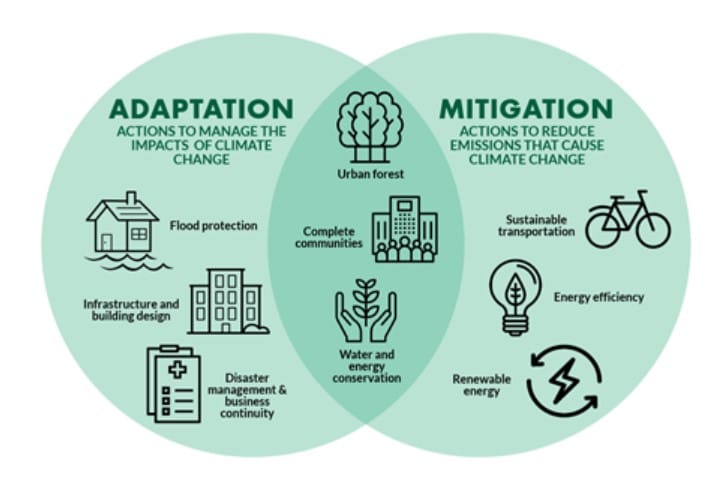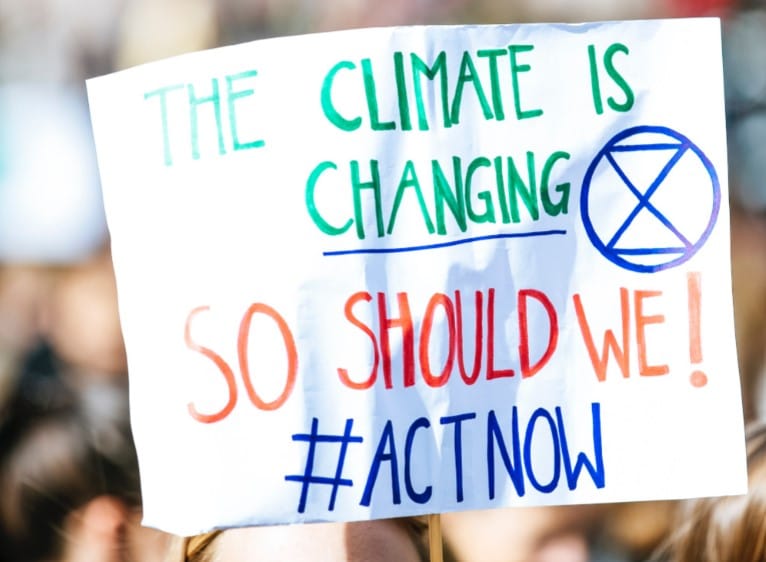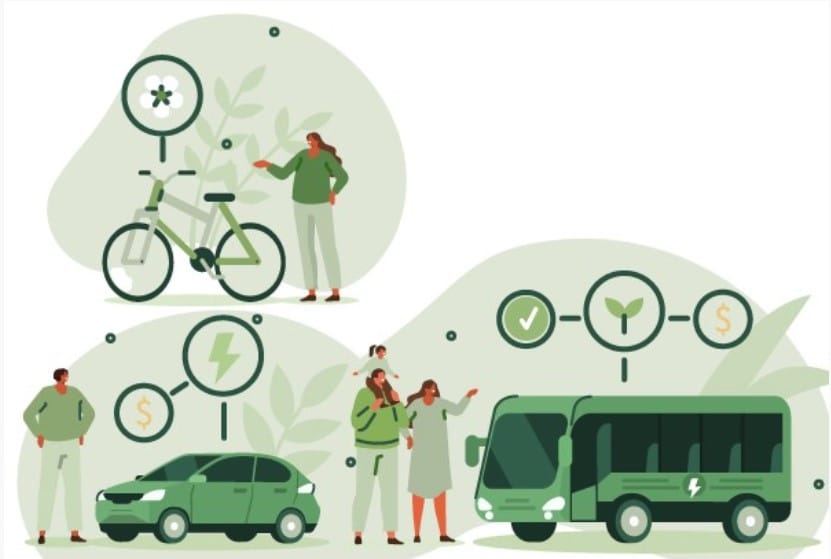On International Day of Climate Action, it's essential to remind people globally of the urgent need to tackle climate change. As Toronto and other cities face the effects of global warming, environmental activists are advocating for stronger policies and sustainable practices to reduce emissions and adapt to extreme weather. Helena Yu, a project lead at Climate Resilient Communities (CRC), emphasizes the importance of prioritizing the climate crisis in efforts for change:
To effectively address the climate crisis, we must prioritize adaptation and resilience, especially for marginalized communities already facing severe impacts. Toronto’s lack of a dedicated climate adaptation strategy—relying solely on TransformTO—shows a failure to prioritize climate equity. Solutions must be community-driven, not property-focused, and grassroots movements need to unite, amplify their voices, and demand real, equitable change.

Toronto's Climate Challenges and Progress
As one of the largest cities in Canada, Toronto is highly vulnerable to the effects of climate change. The city has experienced increasing temperatures over the years, with more frequent heat waves.
According to Toronto’s Environment and Energy Division, the average annual temperature in Toronto has risen by 1.5°C over the last century and the trend shows no sign of slowing down.
Also, Toronto faces more intense rainstorms, leading to severe flooding in certain areas.
In 2018, a summer storm dumped over 64mm of rain in a short period of time, overwhelming the city’s drainage system and causing millions of damages. After the 2024 summer storm, the city’s infrastructure is under growing pressure to adapt to these extreme conditions.
Toronto's Climate Action Plan
In response to these challenges, Toronto has developed the TransformTO initiative, a comprehensive plan to reduce the city’s greenhouse gas emissions by 65% by 2030 and to achieve net-zero emissions by 2040.
Ambitious Plan Includes:
- Expanding renewable energy sources
- Increasing the energy efficiency of buildings
- Electrifying public transportation and promoting cycling and walking
- Implementing nature-based solutions to mitigate flood risks.
An example that the city has already made significant strides is in the transportation sector. With Toronto’s public transit agency, the TTC, the city is working to electrify its bus fleet by 2040, which is contributing to reduced emissions from one of the city’s largest polluters.
Actions Matter!
How Torontonians Can Contribute
While policy and government initiatives are essential, community engagement and personal lifestyle changes can also make a difference. Here are some ways Torontonians can contribute to the city’s climate action goals:

Adopt a Plant-Based Diet
Reducing meat consumption is one of the most impactful personal choices for lowering carbon footprints. According to the City of Toronto’s Sustainable Diet’s guide, changing your diet could result in 34%-72% reduction in emissions.

Switch to Renewable Energy Providers
Many energy providers now offer options for renewable energy, such as wind or solar power. On the path to ensure that by 2040 the city will reach net zero, 50% of community-wide energy comes from renewable or low-carbon energy sources that was part of the city’s 2030 goal.

Reduce, Reuse, Recycle
In order to reduce landfill waste, which emits methane, citizens can practice mindful consumption such as reducing unnecessary purchases, reusing items, and recycling materials properly.

Support Local and Sustainable Businesses
Purchase goods from businesses that prioritize sustainability such as buying locally produced food to reduce transport emissions or supporting companies with ethical, eco-friendly practices.

Engage in Tree-Planting Initiatives
Trees act as carbon sinks that absorb CO2 from the atmosphere. By participating in local tree planting initiatives, citizens are contributing to urban greening efforts. The City of Toronto offers programs on the “How To” when it comes to tree planting here.

Join or Start A Climate Action Group
Work is often a team effort, and joining or starting local climate action groups can help advocate for stronger environmental policies. These groups engage communities in climate-friendly initiatives. Toronto supports local efforts through climate action grants that fund resident-led projects and events to raise awareness and involvement.

Reduce Water Consumption
Water conservation is critical as climate change increases pressure on freshwater resources. Simple actions such as fixing leaky faucets, implementing water-efficient appliances and minimizing outdoor water consumption can help conserve water and reduce energy consumption.

Divest from Fossil Fuels
Invest in renewable energy projects rather than fossil fuel companies. The financial shift can encourage business and governments to not only transition but encourage more on sustainable energy sources.

Advocate for Stronger Climate Policies
Support leaders and policies that prioritize climate action. Public pressure is essential to push for stricter regulations of emissions, better environmental protection laws, and a quicker transition to renewable energy. Examples include the Toronto Environmental Alliance and City of Toronto’s Climate Advisory Group.

Use Green Transportation
Toronto has an extensive public transit system, and the city is constantly working on expanding its bike lines to encourage more eco-friendly commutes.
The Path Forward
Toronto has made great progress but still has challenges ahead. The International Day of Climate Action serves as both a call for continued effort and a beacon of hope. With ongoing commitment from residents and policymakers, Toronto can become a model for sustainable urban living in the face of global climate challenges.

